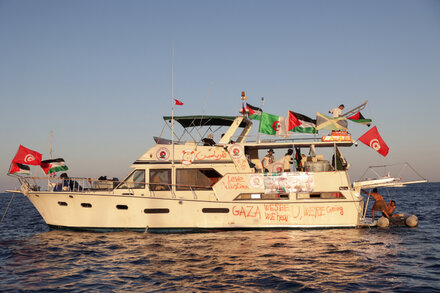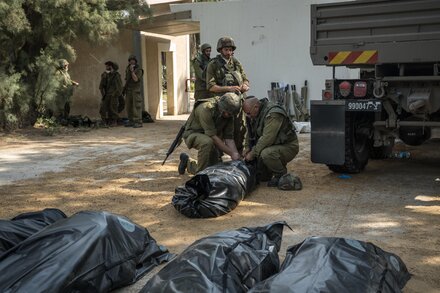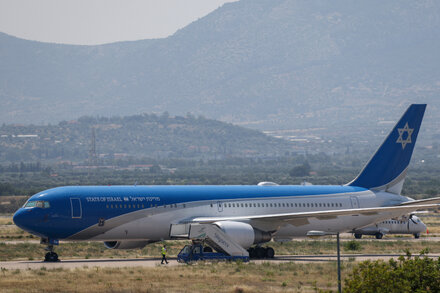
An international flotilla carrying humanitarian aid and a contingent of activists is currently making its way toward the Gaza Strip, aiming to challenge the Israeli and Egyptian blockade of the Palestinian enclave. The mission, reportedly organized by the “Global Sumud” coalition, marks a renewed effort by pro-Palestinian groups to deliver supplies directly by sea.
The flotilla’s approach has drawn significant attention, raising questions about potential encounters with the Israeli navy and the diplomatic implications for the already tense region. Organizers assert their mission is solely humanitarian, focused on alleviating severe shortages within Gaza.
Background of Aid Flotillas
This is not the first time a maritime initiative has attempted to reach Gaza. Previous flotillas have often resulted in confrontations, most notably the 2010 incident involving the Turkish-flagged Mavi Marmara, which led to the deaths of ten Turkish activists after Israeli commandos boarded the vessel. Israel maintains that its naval blockade is a necessary security measure to prevent weapons and dual-use materials from reaching Hamas, the militant group that governs Gaza.
The Flotilla’s Objectives
The “Global Sumud” coalition states that its primary goal is to deliver essential humanitarian supplies, including medical equipment, food, and construction materials, directly to the population of Gaza. They argue that existing land-based aid routes are insufficient and subject to strict controls that exacerbate the humanitarian crisis in the territory.
“Our mission is purely humanitarian,” stated a spokesperson for Global Sumud. “We are carrying life-saving aid to a population in dire need, and we intend to do so peacefully. The international community must not stand by while Gaza remains isolated and its people suffer from a lack of basic necessities.”
Beyond aid delivery, the activists on board also seek to draw international attention to the blockade and its impact on Gaza’s 2.3 million residents, advocating for an end to the maritime restrictions.
Israeli Response and Security Concerns
Israeli officials have consistently reiterated their policy regarding vessels attempting to break the maritime blockade. They emphasize that humanitarian aid can be transferred to Gaza through established land crossings after thorough security inspections, and that any attempt to bypass these routes will be prevented.
“Israel will not allow any vessel to violate its maritime security zone,” an Israeli government spokesperson asserted. “Humanitarian aid can be delivered to Gaza through existing mechanisms, and we will intercept any attempt to bypass these procedures to ensure no weapons or dual-use materials reach terror organizations.”
The Israeli military has previously stated its readiness to interdict such vessels, often diverting them to an Israeli port where aid is unloaded, inspected, and then transferred to Gaza via land. The safety of those on board and the potential for escalation are primary concerns for international observers.
What to Know as the Flotilla Approaches
As the flotilla nears the coast of Gaza, several key aspects are under scrutiny:
- Interception Strategy: Israel’s naval forces are expected to intercept the vessels. The manner of interception—whether peaceful or confrontational—will be closely watched.
- Humanitarian Cargo: The nature and quantity of the aid being carried, as well as its intended recipients, are central to the organizers’ claims and Israel’s scrutiny.
- International Reactions: Governments and international bodies are monitoring the situation, with calls from some for restraint and adherence to international law from all parties.
- Media Coverage: Journalists reportedly on board the flotilla will ensure real-time documentation of events, influencing public perception globally.
The unfolding situation is poised to reignite debates over the legality and humanitarian consequences of the Gaza blockade, placing renewed pressure on all involved parties as the vessels continue their journey.
Source: Read the original article here.





